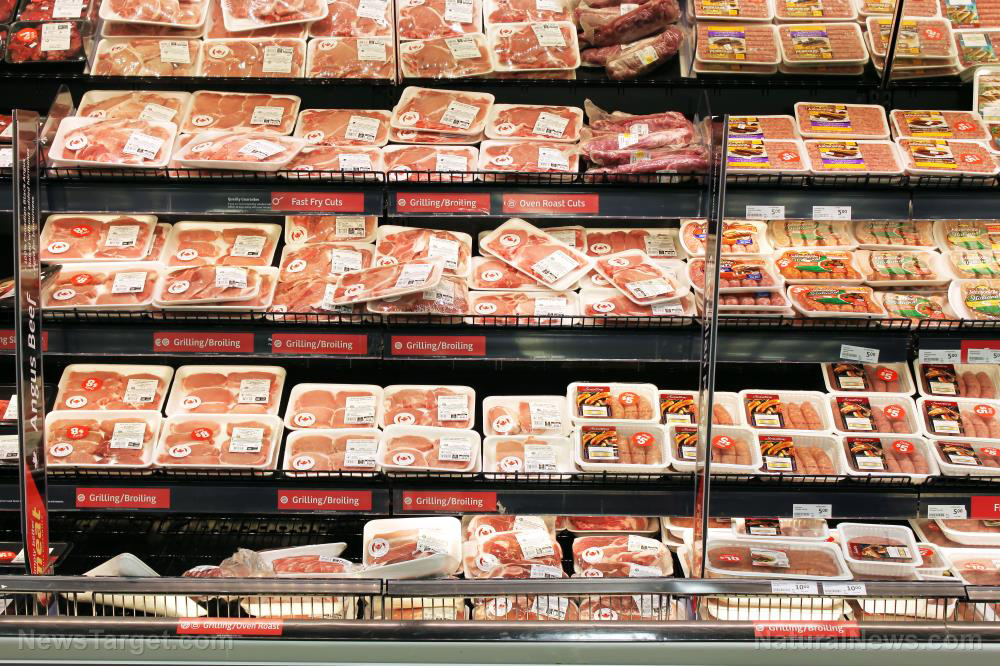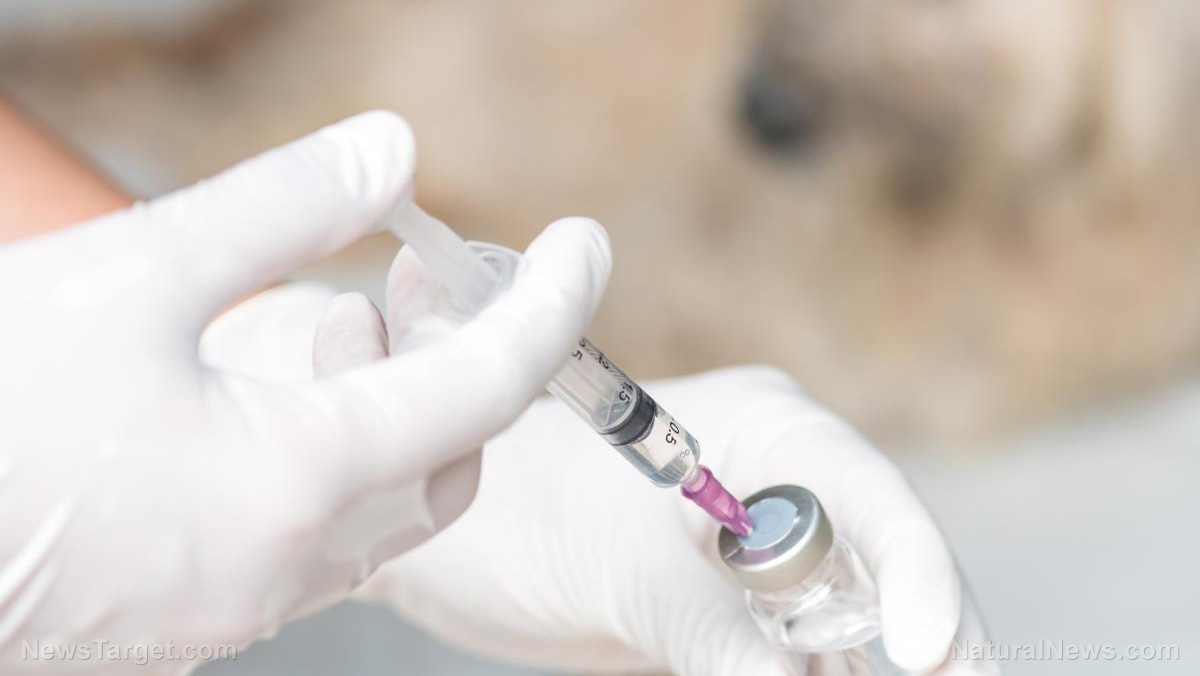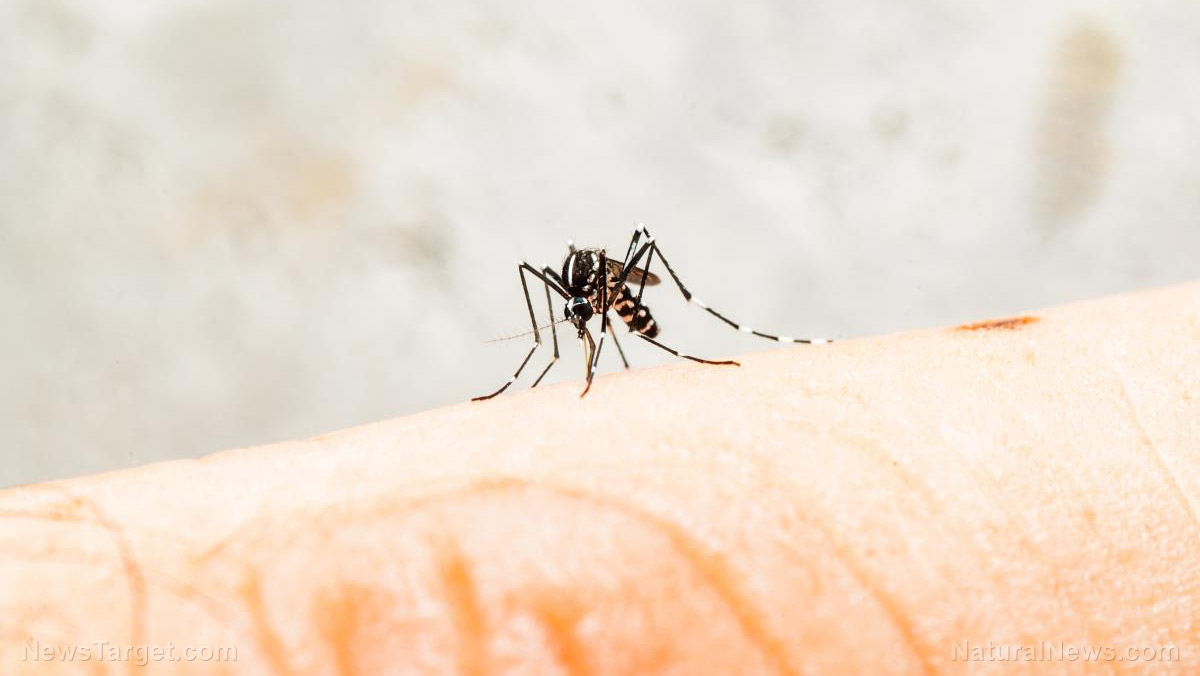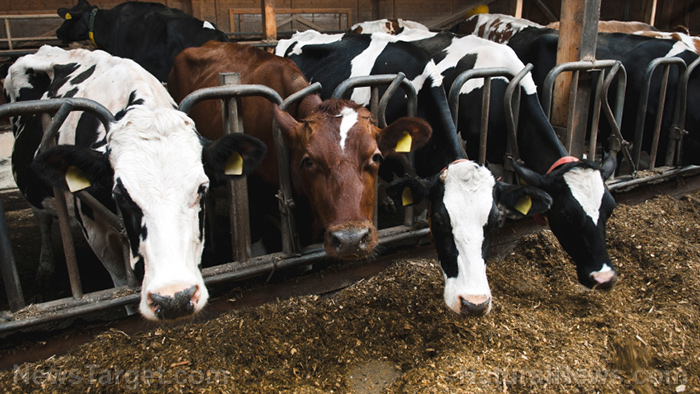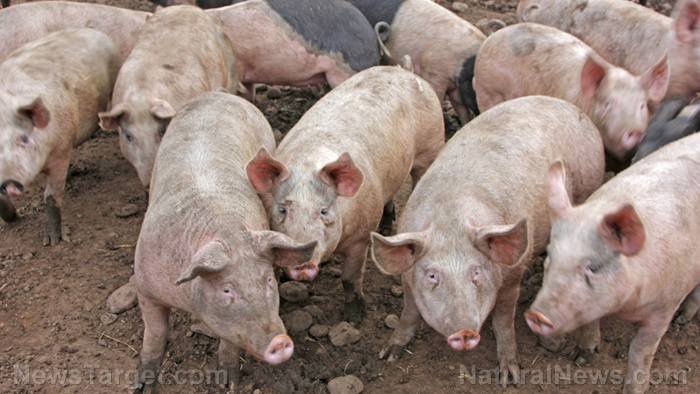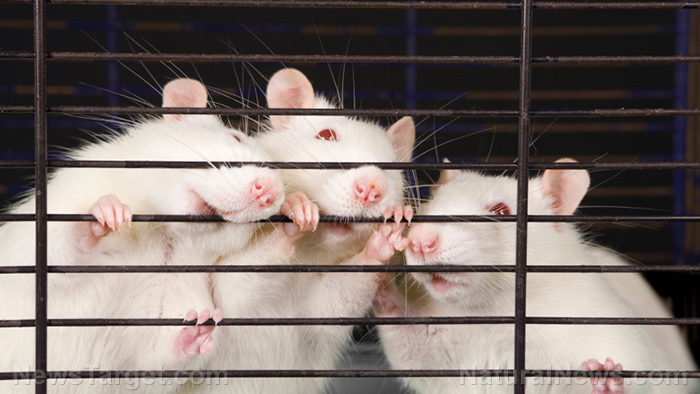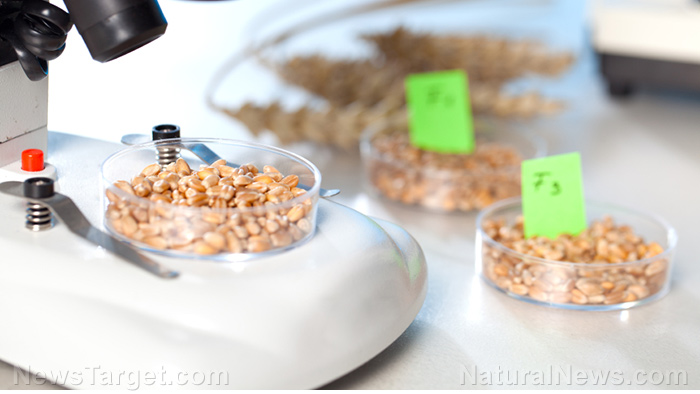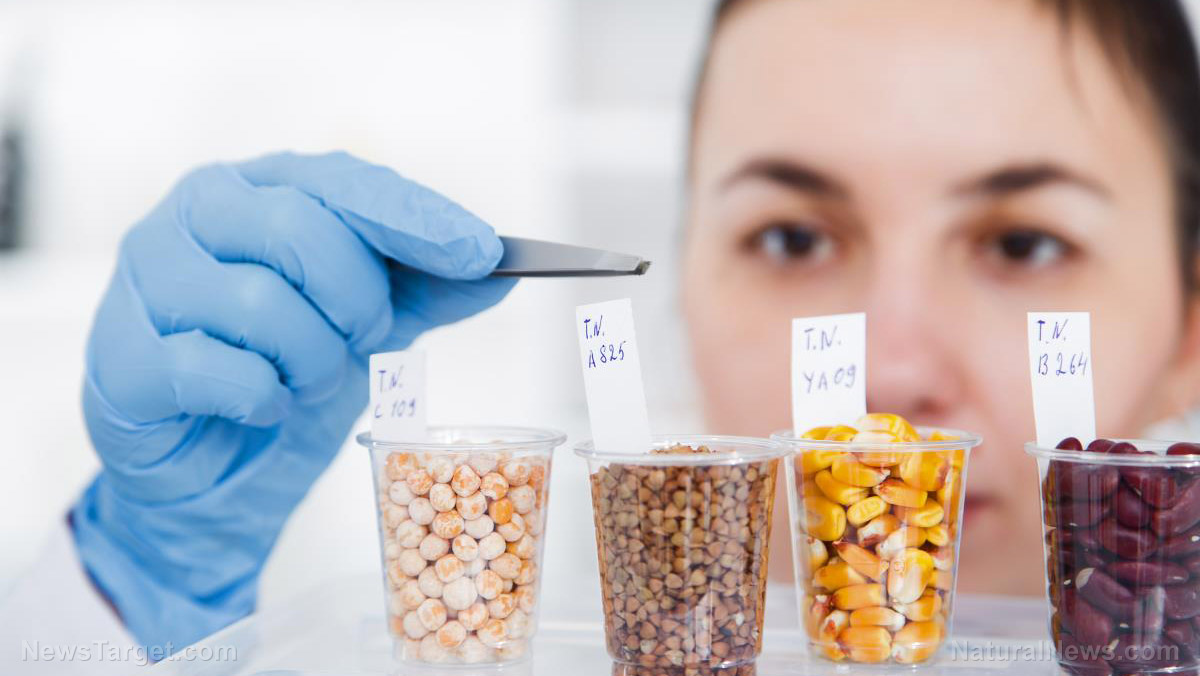Global elites’ secret plot against food: Why you might be forced to eat lab meat soon
08/27/2023 / By News Editors

We live in perplexing times. It’s almost inconceivable to think that there’s a war being waged against food, an absolute and undeniable necessity of life. Yet, here we stand, on the precipice of what looks like a catastrophic agenda against global sustenance.
(Article by Milan Adams republished from PreppGroup.Home.blog)
So, what’s this newfound hostility against the thing that keeps us alive?
So, what’s this newfound hostility against the thing that keeps us alive?
Take a deep breath. Farming uses nitrogen, and suddenly, nitrogen is the new antagonist in the tale of global warming. The narrative is simple: eliminate nitrogen, save the world. Yet, in the name of “preservation,” entire segments of our food production are under siege.
Consider rice – a staple for half the world’s population. Renowned agencies claim, “Rice accounts for roughly 10% of global methane emissions,” emphasizing the urgent need to curtail its production. But the ramifications? Starvation for billions.
Look to the Netherlands for further evidence. Dutch farmers, the backbone of a nation that is a leading exporter of meat and agricultural products, are being chased off their lands. A staggering number, 3,000 farms, are forecasted to be confiscated in the coming years. The tragic fallout is evident, with a reported 20 to 30 farmers tragically ending their lives annually.
Our friends in Europe are no strangers to these baffling decisions either. The European Commission greenlit a strategy to compensate livestock farmers for halting their operations in certain areas – with a stipulation that they never resume their animal breeding activities. The implications are clear: a drop in global food availability and an inevitable spike in prices.
Remember Sri Lanka’s ill-fated venture into 100% organic farming? The island nation faced a humanitarian nightmare with a staggering 90% of its population on the brink of starvation.
And the Western leaders’ stance on agriculture? Eric Utter encapsulates it perfectly in American Thinker, “The attack on farming by Western leaders is shockingly negligent. It’s criminal.” Especially when such views ignore the glaring fact that while agriculture may account for 33% of the world’s greenhouse gas emissions, it simultaneously sustains every single human being on this planet.
Organizations like the World Economic Forum tout visions of a “farm-free future,” dreaming of a world where food is crafted in sterile labs and humans are herded into congested urban centers. Toss digital currency into this dystopian mix, and you have the ultimate formula for absolute dominance.
In our modern era, the recipe is simple: concoct a crisis, even if none existed.
- Incite racial tension among children.
- Reverse the progress women achieved over decades.
- Worsen shortages and tamper with the money supply.
- Tackle borders haphazardly.
- Condemn specific foods, close farms, or incite wars to create famine.
- Muzzle voices of dissent by labeling truth as “misinformation.”
A tactic reminiscent of Cloward and Piven: create a crisis, then implement severe measures to address that very crisis.
Our global food supply is now in peril, thanks to overblown reactions to this so-called “nitrogen issue“. But why this apathy? Sri Lanka, for instance, is an alarming testament to this flawed approach.
The truth remains that nitrogen is pivotal for plant metabolism. Without commercial nitrogen fertilizers, hunger was a dire reality in many corners of the world. If we shun these fertilizers, we voluntarily invite famine back into our lives. The idea of bug diets, ‘rewilding,‘ and organic farming might sound avant-garde, but they certainly won’t satisfy the global hunger.
It’s glaringly evident that this isn’t just about combating climate change. At its core, it’s an insidious bid for control.
In the profound words of Ayn Rand, “We can ignore reality, but we cannot ignore the consequences of ignoring reality.“
The world stands at a critical juncture.
It’s time to confront these disguised agendas and defend our plates.
After all, when the stakes are survival, there’s no room for compromise.
Read more at: PreppGroup.Home.blog
Submit a correction >>
Tagged Under:
biotech, current events, famine, farming, food, food independence, food supply, GMOs, harvest, lab meat, scarcity, starvation
This article may contain statements that reflect the opinion of the author
RECENT NEWS & ARTICLES
COPYRIGHT © 2017 BIO TECH NEWS

